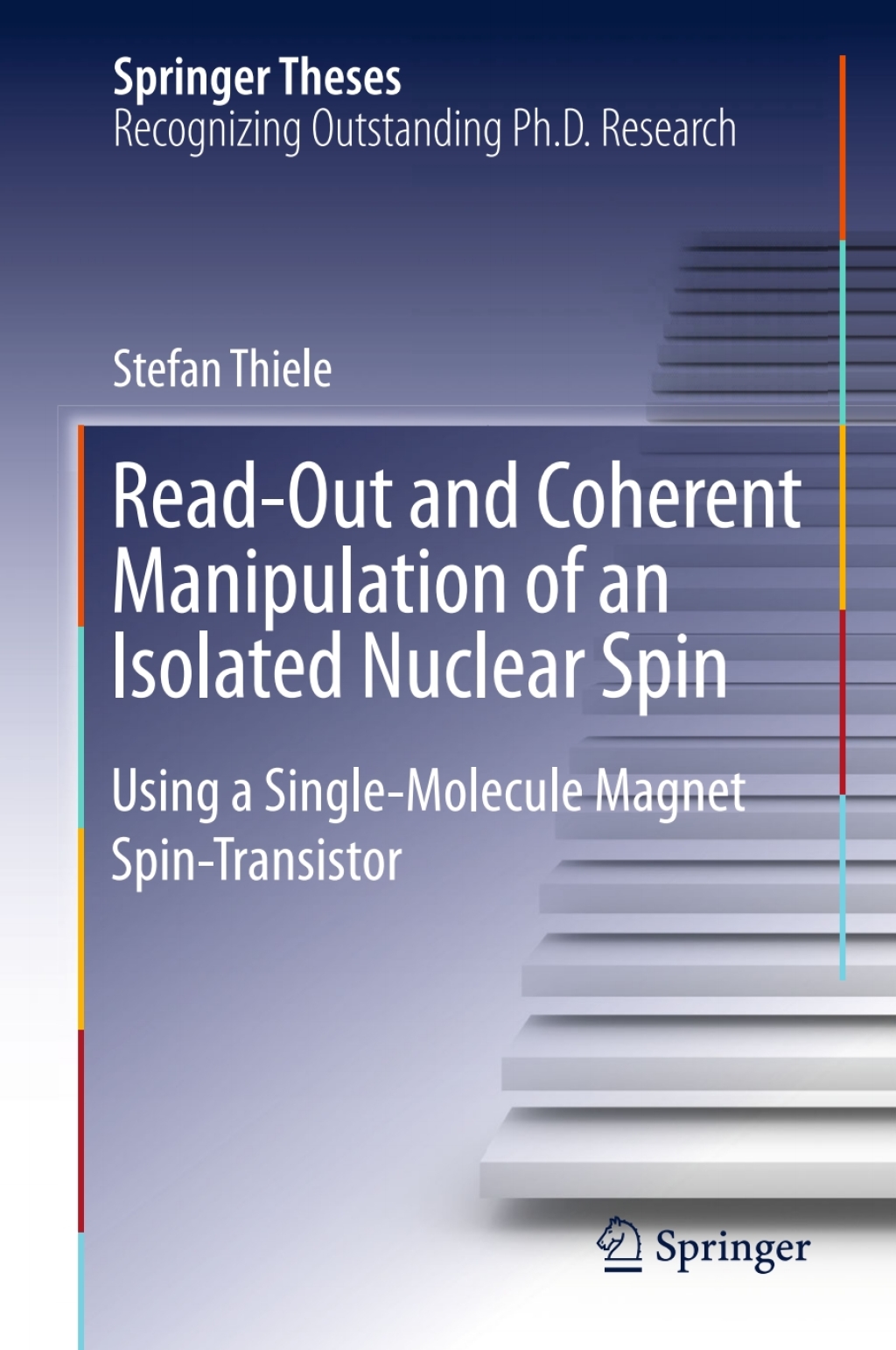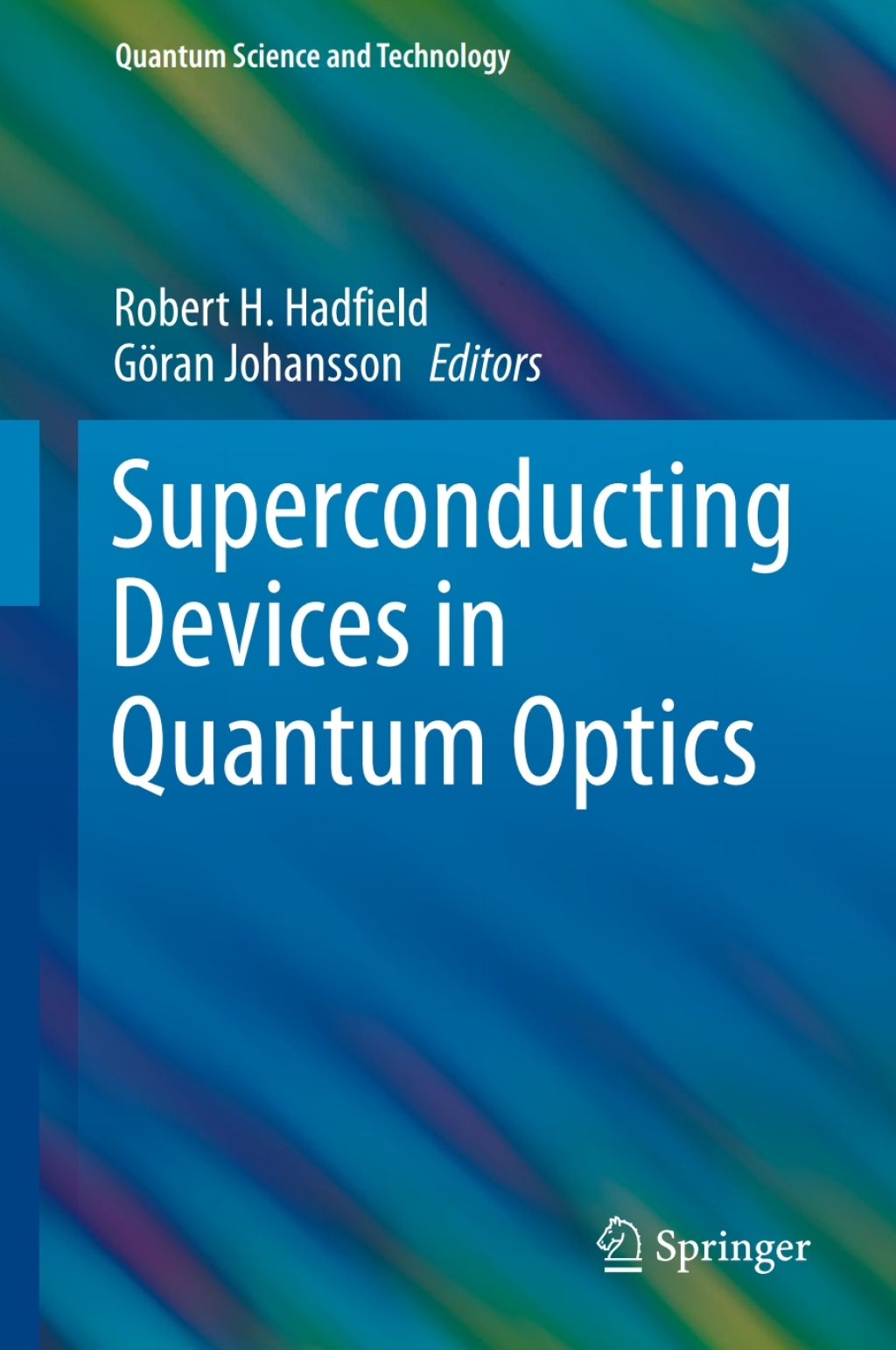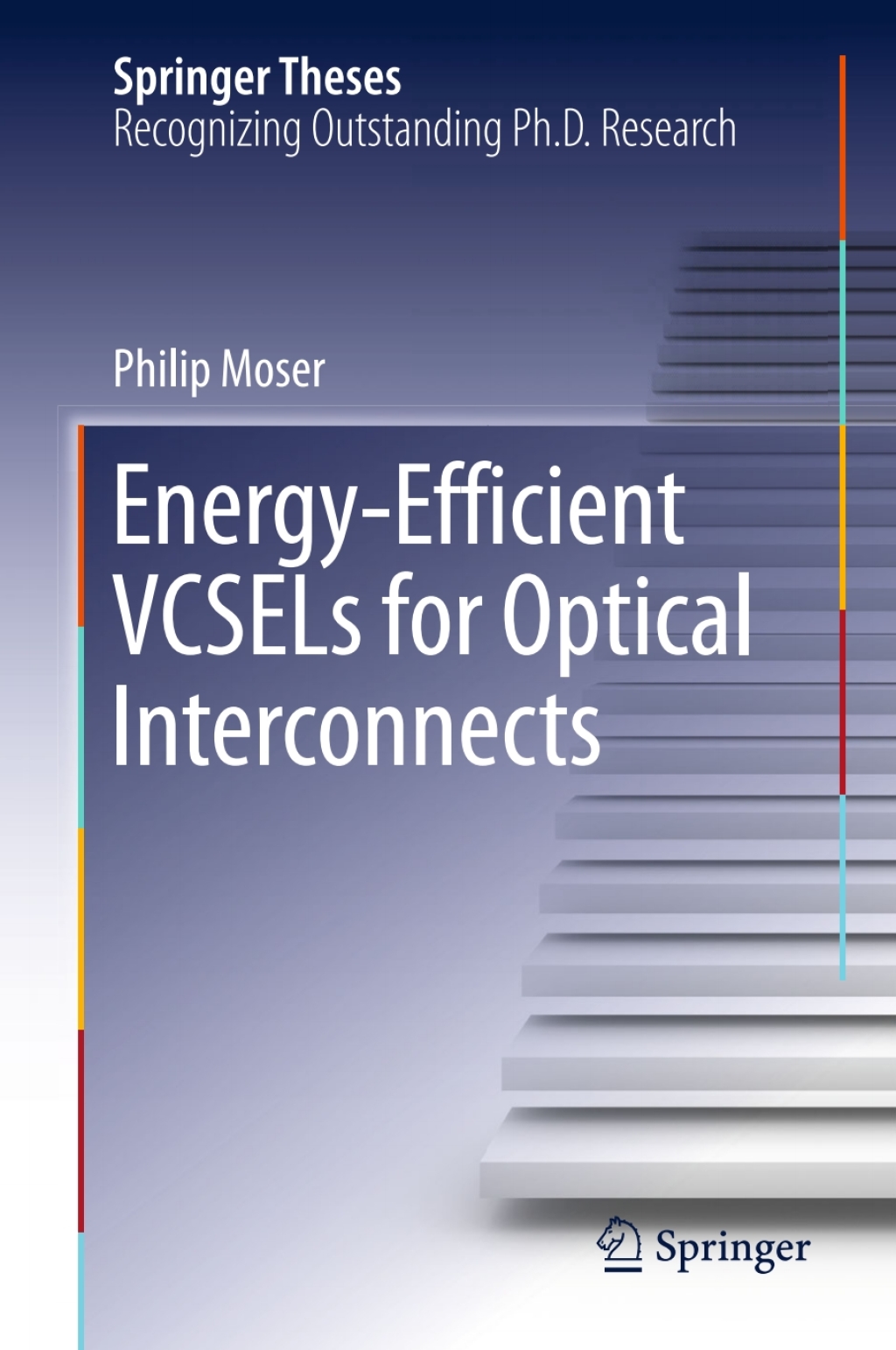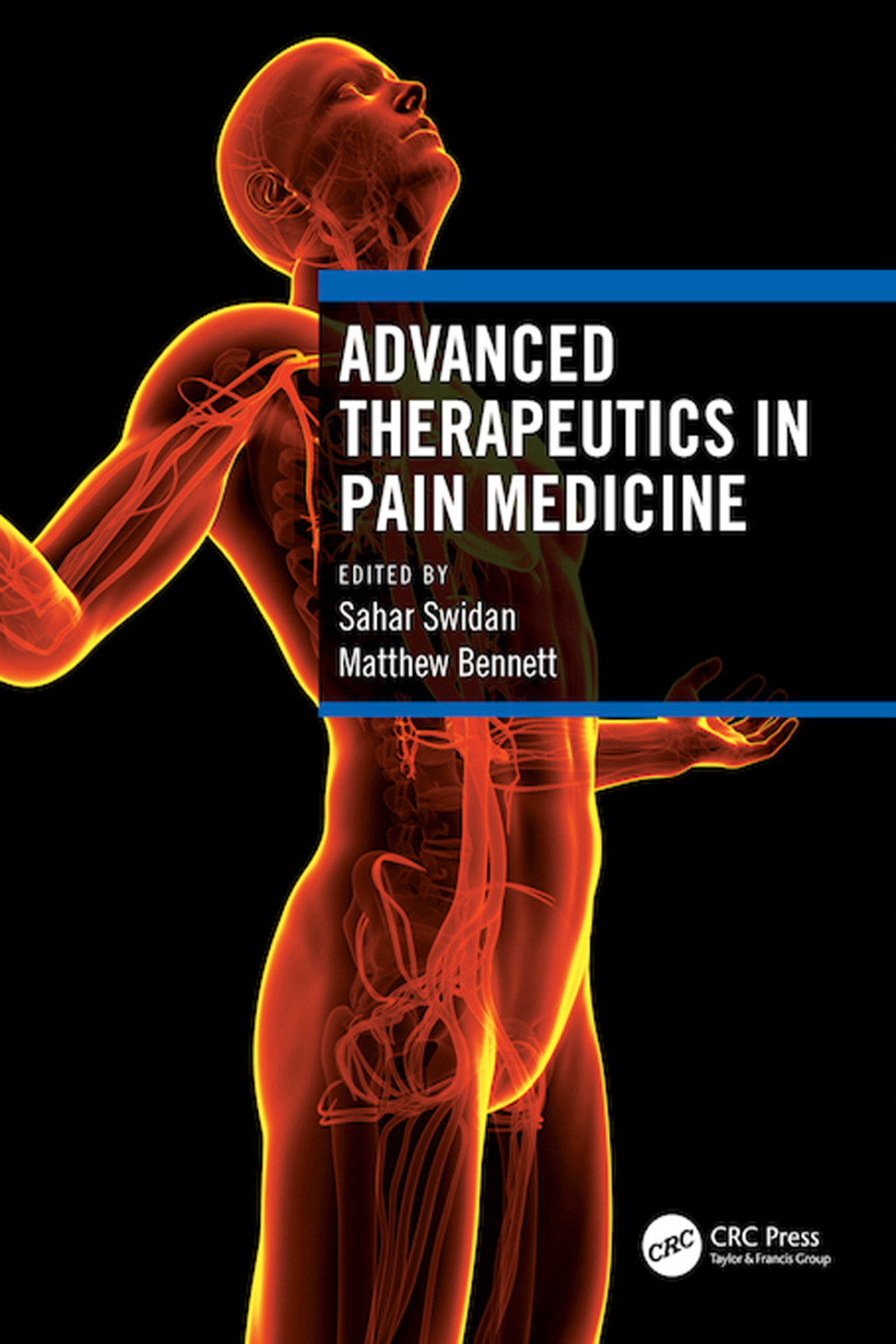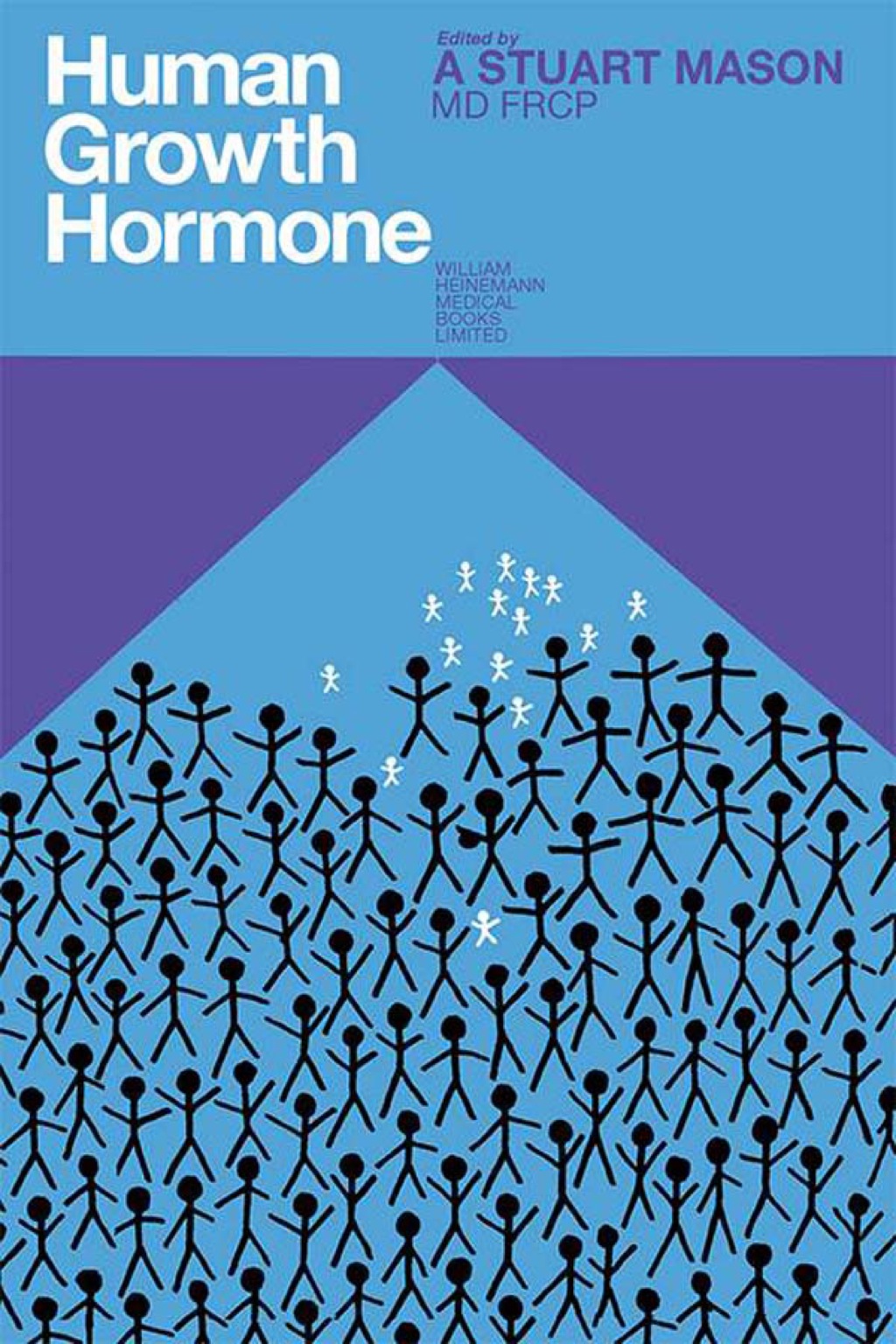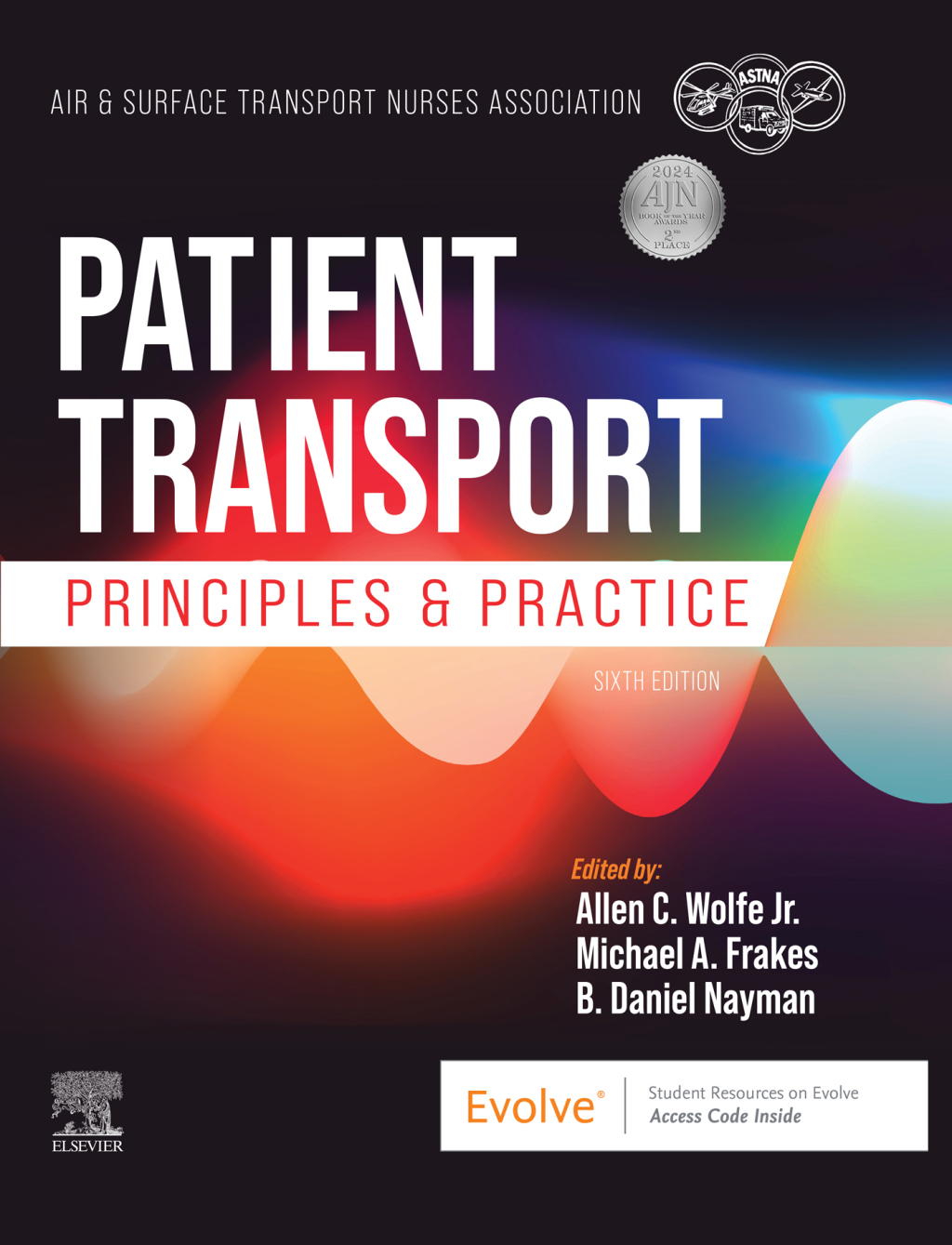Energy-Efficient VCSELs for Optical Interconnects
Author(s): Philip Moser
Publisher: Springer
ISBN: 9783319240657
Edition:
$39,99
Delivery: This can be downloaded Immediately after purchasing.
Version: Only PDF Version.
Compatible Devices: Can be read on any device (Kindle, NOOK, Android/IOS devices, Windows, MAC)
Quality: High Quality. No missing contents. Printable
Recommended Software: Check here
Important: No Access Code
Description
This dissertation provides the first systematic analysis of the dynamic energy efficiency of vertical-cavity surface-emitting lasers (VCSELs) for optical interconnects, a key technology to address the pressing ecological and economic issues of the exponentially growing energy consumption in data centers. Energy-efficient data communication is one of the most important ï¬Âelds in “Green Photonics†enabling higher bit rates at signiï¬Âcantly reduced energy consumption per bit. In this thesis the static and dynamic properties of GaAs-based oxide-confined VCSELs emitting at 850 nm and 980 nm are analyzed and general rules for achieving energy-efficient data transmission using VCSELs at any wavelength are derived. These rules are verified in data transmission experiments leading to record energy-efficient data transmission across a wide range of multimode optical fiber distances and at high temperatures up to 85°C. Important trade-offs between energy efficiency, temperature stability, modulation bandwidth, low current-density operation and other VCSEL properties are revealed and discussed.

